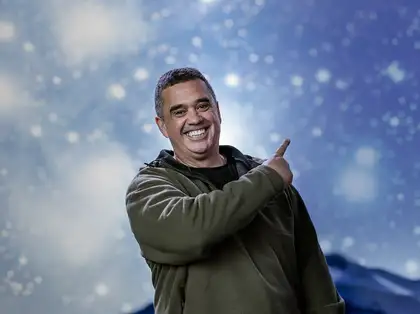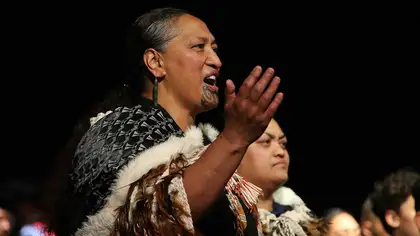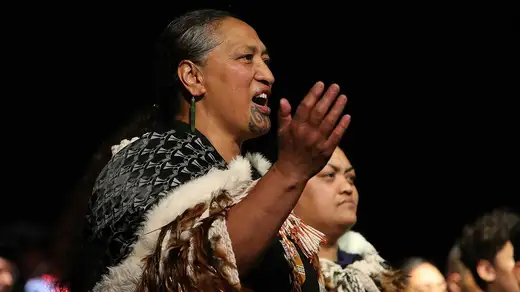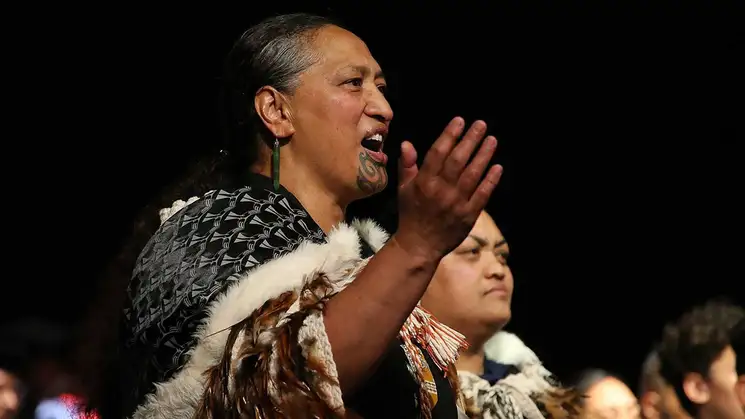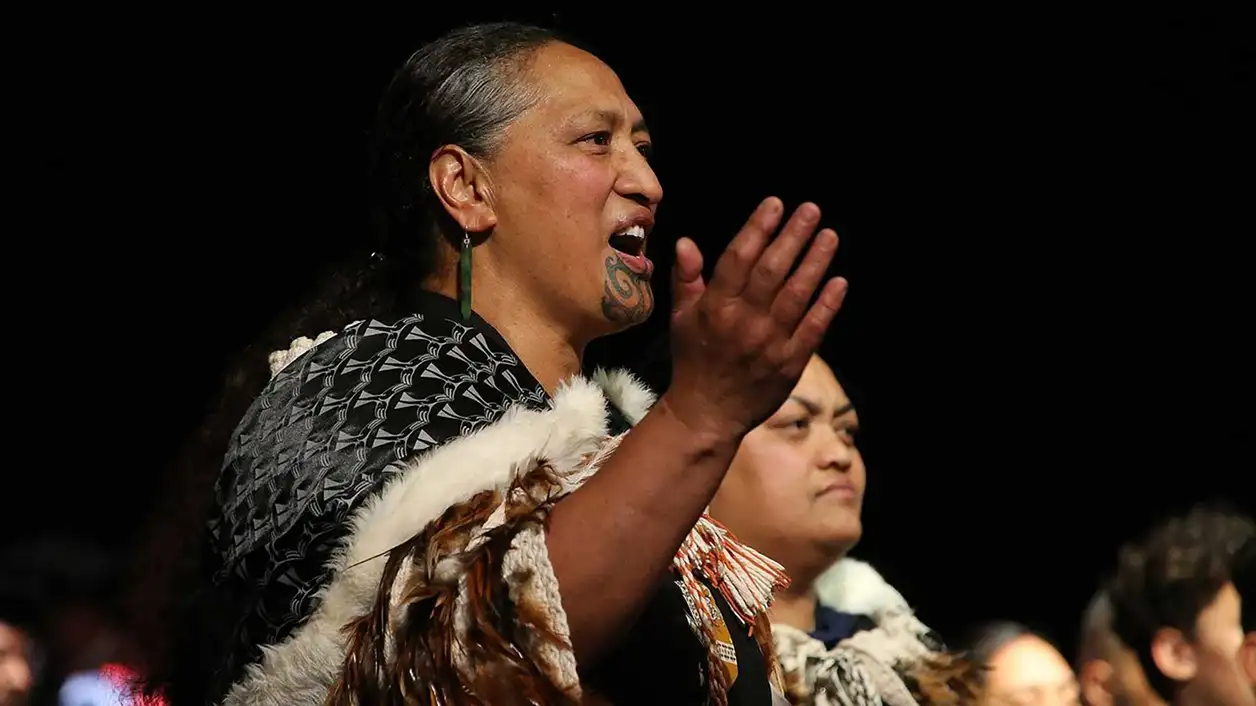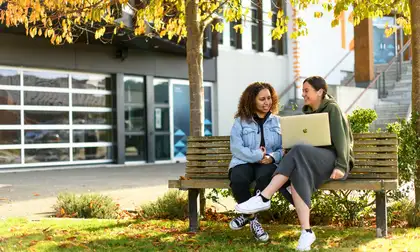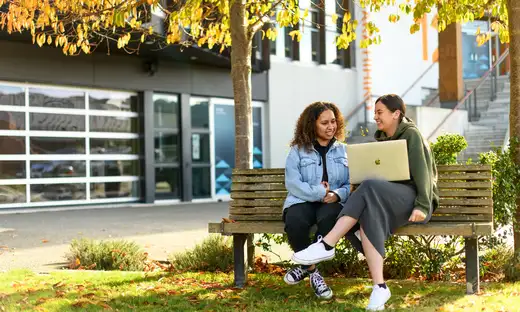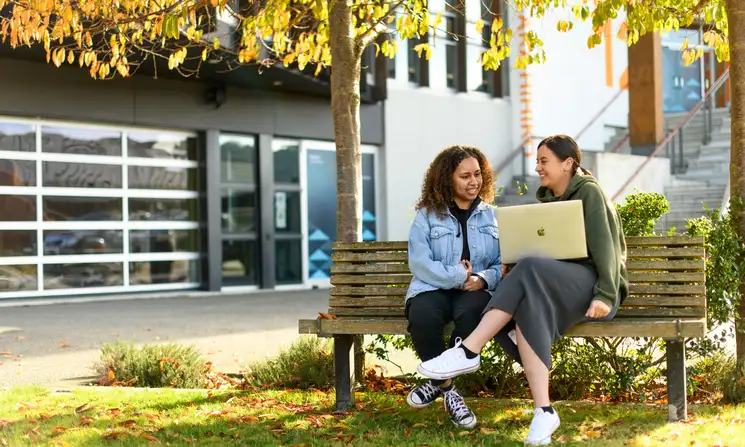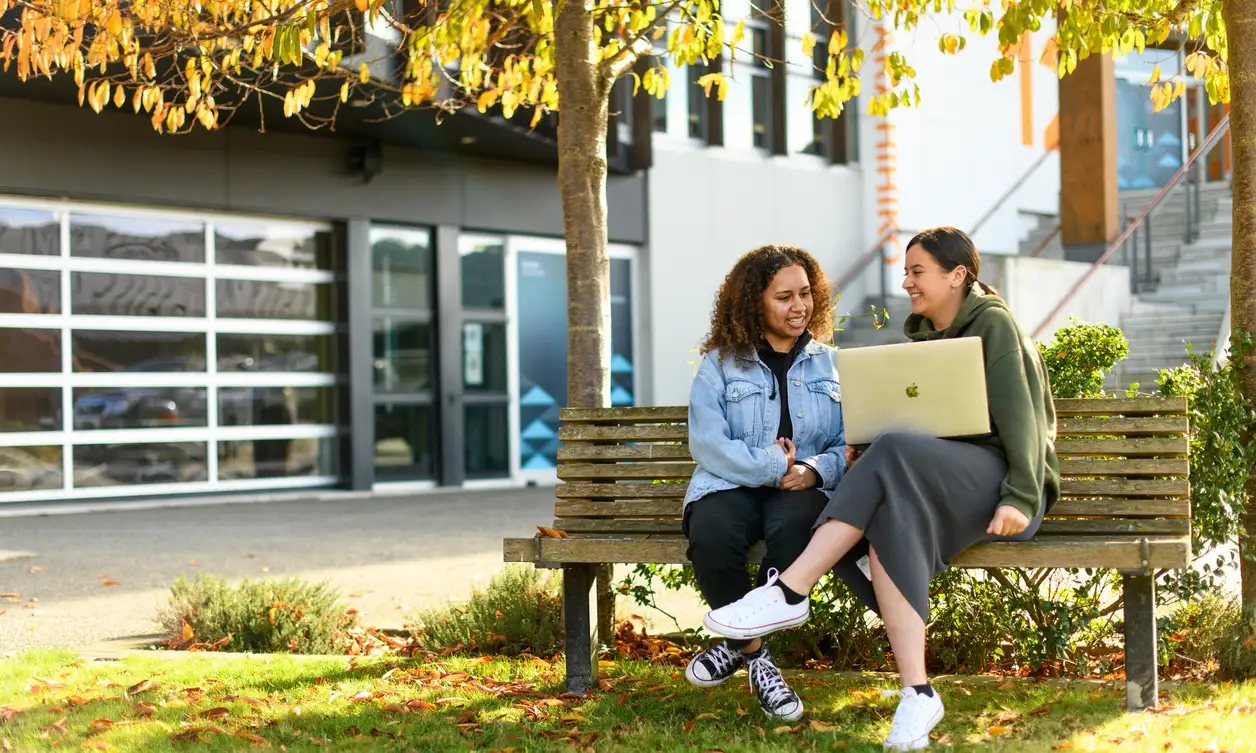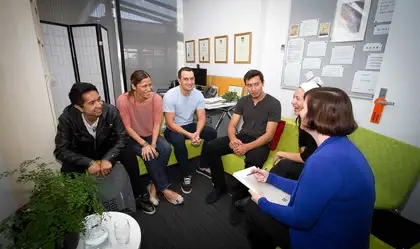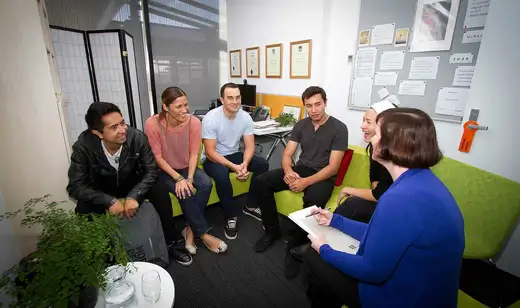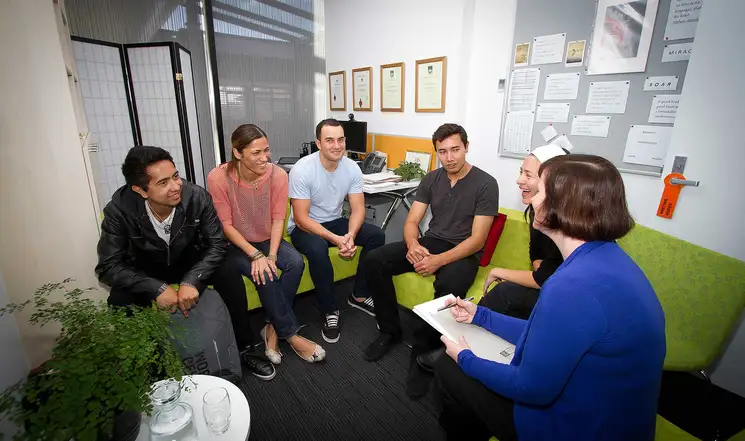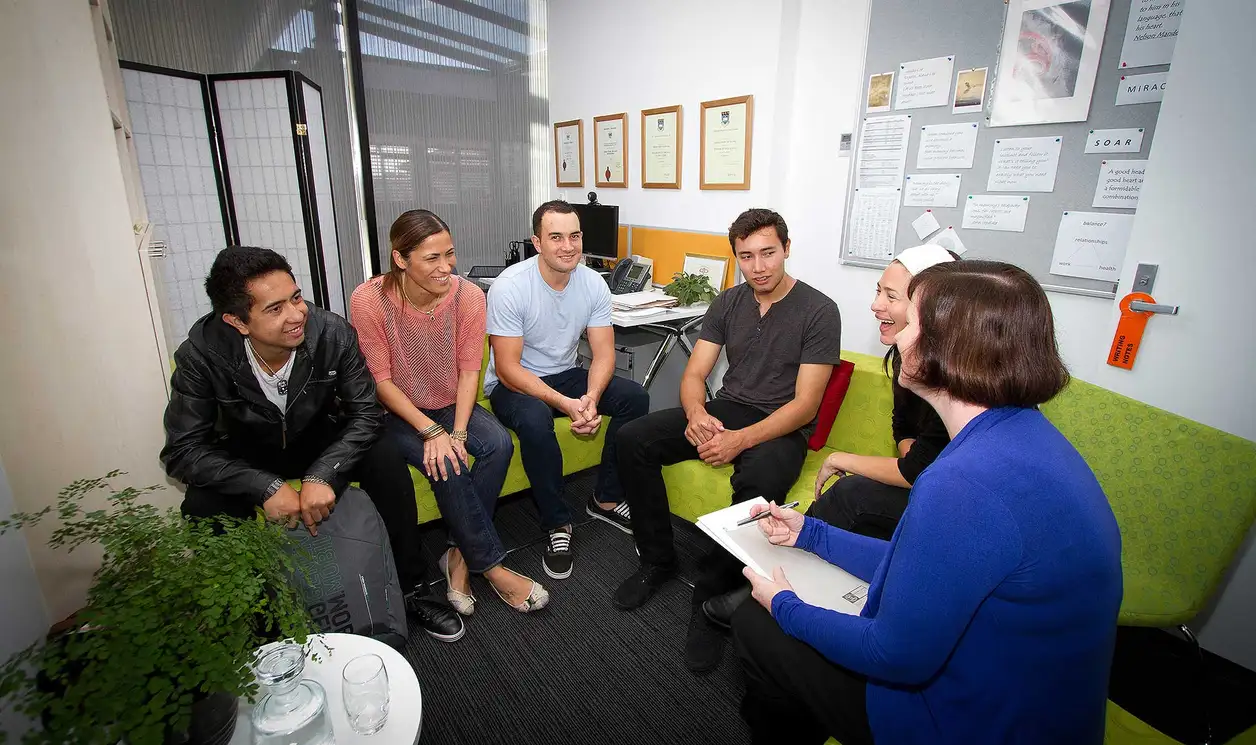Kia ora Rangi, we appreciate you having a kōrero with us today. Having such an extensive career, I wonder how it all began and how you came to be with us at Massey?
My association with Massey goes way back to when I was just a young boy. My grandparents were involved in the establishment of Te Pūtahi-a-Toi – School of Māori knowledge – back in the 1980s. I had several relatives who worked in the building. I completed my Doctor of Philosophy (Arts) (PhD) there and secured a job at Massey, which has given me a long connection to the university.
I left Massey following my PhD to manage a research project. I then moved home, back to the bush and worked at the University of Waikato for a few years. It was Professor Meihana Durie who reached out to me after I left the University of Waikato. I wasn’t sure if I wanted to return; in fact, I thought I’d had enough of the academic space. But Meihana encouraged me to come back and I did.
What does your role currently look like?
I’m a Professor of Mātauranga Māori and I hold an advisory role with the Government as the Chief Advisor for Matariki. Since Matariki is deeply embedded in Mātauranga Māori, a significant part of my role involves being the national lead in establishing Matariki practices and knowledge across the country. This work really ties back into my role at Massey – a bit of teaching and a bit of supervision.
You've been a champion in establishing Matariki as a celebration recognised by all New Zealanders. Can you share your journey with that? Did it begin at Massey or is it a lifelong passion that has flourished over time?
I became the possessor of a manuscript that my grandfather had written in the late 1800s. It's a 400-page manuscript on Māori astronomy, star names, constellations, sun traditions, moon lore and all sorts of other topics.
I had always been interested in astronomy; I studied it all my life. However, it was such a precious piece of tribal family history that I never thought I’d share it until my grandfather was on his deathbed. At that stage, I was at Massey doing my PhD and he told me a couple of things: look after your grandmother, because he knew he was dying, and get your PhD. Then he told me not to let the manuscript go as it contained really important family knowledge. His last words to me were that if I didn’t find a way to share the knowledge in that book, it would die and not amount to much. He said knowledge that isn’t shared isn’t knowledge.
I’ve really used that as a mantra. I came back to Massey and considered that for a couple of years. Massey became the foundation from which the entire Matariki movement was seeded. That’s where I began my first lectures and presentation about Matariki. That’s also where I started writing the Matariki book, and that’s where the momentum began. I graduated with my PhD in 2007. I must have been doing the Massey Matariki presentations around 2005 or 2004. So, it’s just under 20 years since the holiday began at Massey.
You’ve achieved so much already with the success of Matariki and being named New Zealander of the Year. What’s next for you?
I’m looking at producing a nonfiction book on Māori astronomy. I've been compiling a thousand different Māori star names and constellations and putting them all into this book. It’s something I’ve been working on for about 20 years, so this will be my big publication. Hopefully it will come out next year.
My long-term goal is to establish what's known as a Whare Kōkōrangi Māori, or an Institute of Māori Astronomy. I believe the holy grail of knowledge lies at the intersection of traditional knowledge and modern science.
Often, these 2 are set up as adversaries, portrayed as either/or, but in reality, they both stem from empirical knowledge – observation, trial and error and generations of building on that knowledge base. They are essentially the same thing, just viewed through different cultural lenses.
As a highly aspirational person for students, what benefits do you think they might gain from your experience?
I've always thought of Massey as a place that allows students to move from being consumers of knowledge to creators of knowledge. There's a real difference there.
You go through secondary school and perhaps your first year at university, where you’re spoon-fed knowledge. Your role is just to absorb it. But as I got further along in my career, I began to analyse what I was learning, how I was learning and how it impacted me individually. I considered the larger benefits for my family, my communities and my tribal group. I started to become a critical thinker and realised my place in a much bigger movement of knowledge.
I believe that growing and expanding yourself as a critical thinker is what Massey is about. It has moved from taking in someone else's knowledge and regurgitating it, to analysing it, creating your own thoughts and understanding how that knowledge fits into a larger context. For me, that was central to my development at Massey, and I see my role as supporting others to become their own critical thinkers.
